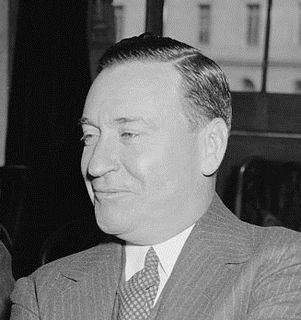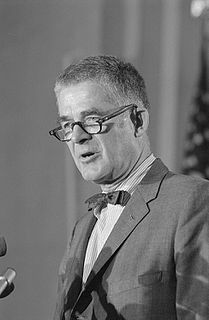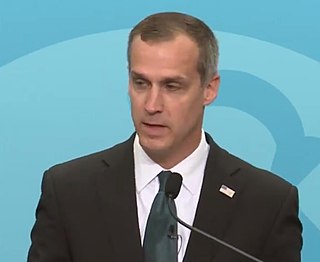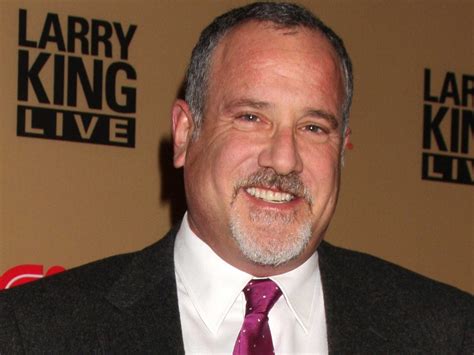A Quote by Antonin Scalia
More importantly, the Court forgets that ours is a government of laws and not of men. That means we are governed by the terms of our laws, not by the unenacted will of our lawmakers. 'If Congress enacted into law something different from what it intended, then it should amend the statute to conform to its intent.' In the meantime, this Court 'has no roving license ... to disregard clear language simply on the view that ... Congress 'must have intended' something broader.
Related Quotes
A constitution, therefore, is to a government what the laws made afterwards by that government are to a court of judicature. The court of judicature does not make the laws, neither can it alter them; it only acts in conformity to the laws made: and the government is in like manner governed by the constitution.
For in a government of laws and not of men, no man, however prominent or powerful, and no mob however unruly or boisterous, is entitled to defy a court of law. If this country should ever reach the point where any man or group of men by force or threat of force could long defy the commands of our court and our Constitution, then no law would stand free from doubt, no judge would be sure of his writ, and no citizen would be safe from his neighbors.
The Court's decision reflects the philosophy that judges should endure whatever interpretive distortions it takes in order to correct a supposed flaw in the statutory machinery. That philosophy ignores the American people's decision to give Congress '[a]ll legislative Powers' enumerated in the Constitution. They made Congress, not this Court, responsible for both making laws and mending them.
Justice White's conclusion is perhaps correct, if one assumes that the task of a court of law is to plumb the intent of the particular Congress that enacted a particular provision. That methodology is not mine nor, I think, the one that courts have traditionally followed. It is our task, as I see it, not to enter the minds of the Members of Congress - who need have nothing in mind in order for their votes to be both lawful and effective - but rather to give fair and reasonable meaning to the text of the United States Code, adopted by various Congresses at various times.
John Boehner has to start taking a macro step towards the American people, away from the more radical elements of his party. You know, it's almost a form of anarchy. We have a law that was passed by Congress. We have a law that the Supreme Court said was legal. It's been implemented. And I'm sorry they don't like it. There's been a lot of laws in the past the Democrats didn't like. But that's what this country is about. You pass laws. And if they are deemed legal, you respect them and you move forward.































